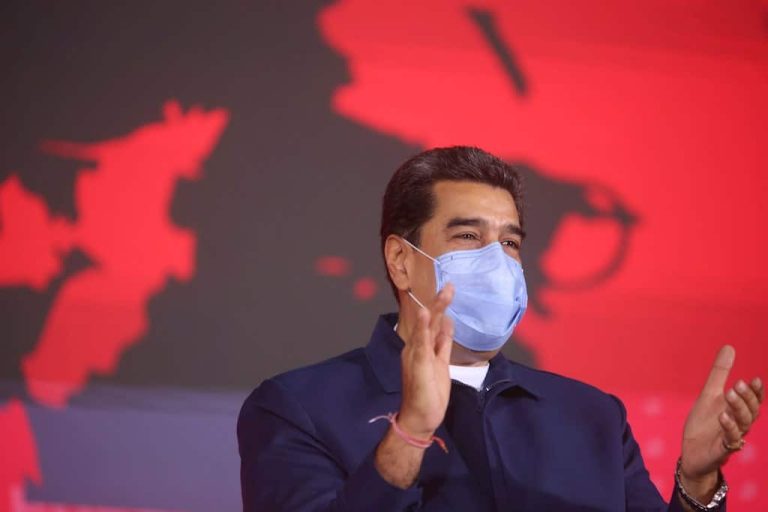25 de febrero 2021

Children of Exile: The Births “Sowing Hope” in the Camp of Nicaraguan Farmers

PUBLICIDAD 1M
PUBLICIDAD 4D
PUBLICIDAD 5D
Venezuelan Foreign Minister Jorge Arreaza also delivered letters of protest to the ambassadors of Germany, Spain, France and the Netherlands

las elecciones del 2024 serán un ejercicio de simulación por el que debemos pasar
The Venezuelan government declared the ambassador of the European Union (EU) in the country, the Portuguese Isabel Brilhante, persona non grata on Wednesday. They gave her 72 hours to leave the country, in response to sanctions approved by the EU against 19 officials.
Venezuelan Foreign Minister Jorge Arreaza, delivered the document to Brilhante at the headquarters of the Foreign Ministry. The Legislature, controlled by Maduro, urged the president to take this measure, claiming EU interference in Venezuela’s internal affairs.
“Today, by decision of President Nicolas Maduro, we handed Mrs. Isabel Brilhante the declaration as persona non grata. It stipulated a period of 72 hours to leave Venezuelan territory,” said Arreaza after meeting with the ambassador.
The foreign minister held a private meeting with Brilhante that lasted about an hour. He argued, “the disrespect for the Constitution” that the European sanctions against high authorities of Venezuela entail.
The Venezuelan government also delivered protest notes Wednesday to the heads of the diplomatic missions of Spain, France, the Netherlands and Germany, hours after ordering the expulsion of the EU ambassador.
Arreaza held a private meeting at the Foreign Ministry with the ambassadors of France, Romain Nadal, and Germany, Daniel Kriener, as well as with the heads of mission of Spain, Juan Fernandez Trigo, and the Netherlands, Robert Schuddeboom.
Along with the respective protest notes, Arreaza gave each diplomat a copy of the Venezuelan Constitution and the UN Charter. The Maduro government claims disrespect of these documents by some European leaders.
None of the European diplomats summoned to the Wednesday meeting offered statements to the media.
Arreaza said that he hopes that the European bloc “ceases to be an appendage of the dominant elite”, alluding to the United States. Likewise, that “it learns to respect independent countries.”
However, he said he is hopeful that in the future they can “rebuild the bridges of understanding and dialogue” between Venezuela and the European Union which, he noted, has approved 55 packages of economic sanctions in recent years.
Once before, on June 29, 2020, Maduro ordered Brilhante to leave the country. Then he reversed the decision on July 2, hoping it would facilitate dialogue between the EU and Venezuela.
On that occasion, the European bloc also proposed sanctions against several Venezuelan leaders.
Archivado como:
PUBLICIDAD 3M
Agencia de noticias internacional con sede en Madrid, España. Fundada en Burgos durante la guerra civil española en enero de 1939.
PUBLICIDAD 3D